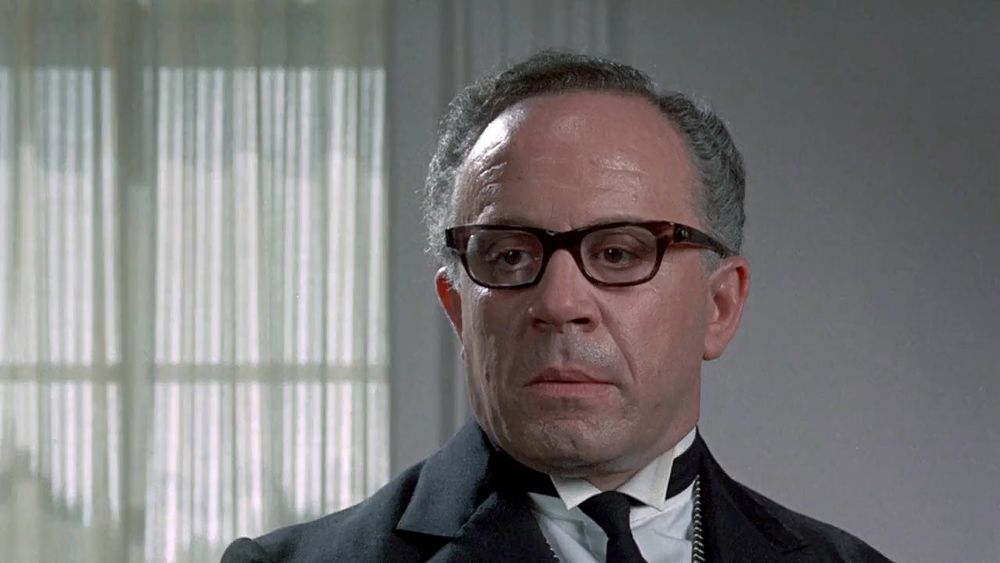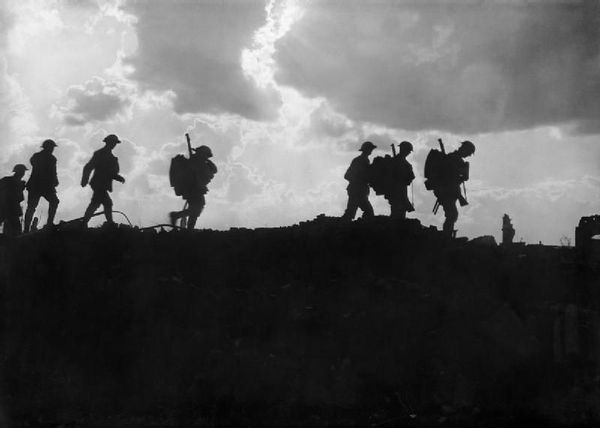Tragedy of a Gifted Actor
George Rose, the actor and singer of theatre and film fame, was born in Bicester on 19th February 1920. The son of Walter Rose, a butcher, and his wife Eva Rose, nee Rolfe. His mother’s family came from Bucknell and his parents had been married there, in the parish church, in 1910. But by 1920 they were living above their butcher shop in Sheep Street, and by 1939, when George was helping out as a teacher at the Methodist Sunday School, the family were living comfortably in Ambrosden House, at the bottom of Market Square.
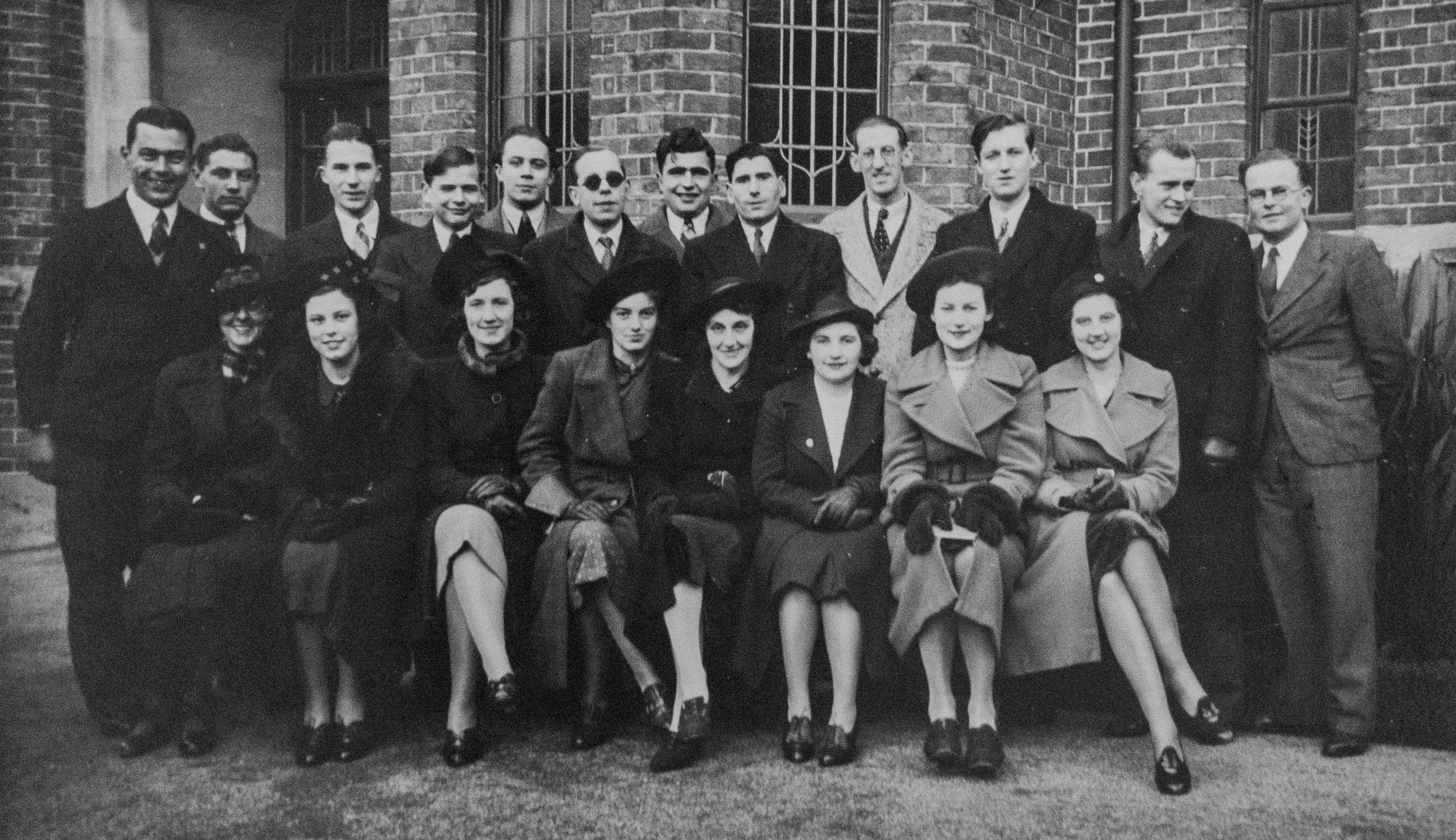
He trained as a musician before enrolling at the Central School of Speech and Drama, in London, and after World War Two he joined the Old Vic company, making his stage debut there in 1946, the same year that he made his Broadway debut in a production of Henry IV, Part I. He continued to play in New York and London for the remainder of the decade, but then spent most of the 1950s appearing in broad comedy roles in the UK, later joining the Royal Shakespeare Company.
The 1950s also saw the launch of his film career. His notable film credits include The Pickwick Papers (1952), A Night to Remember (1958), The Flesh and the Fiends (1959), Hawaii (1966), and A New Leaf (1971).
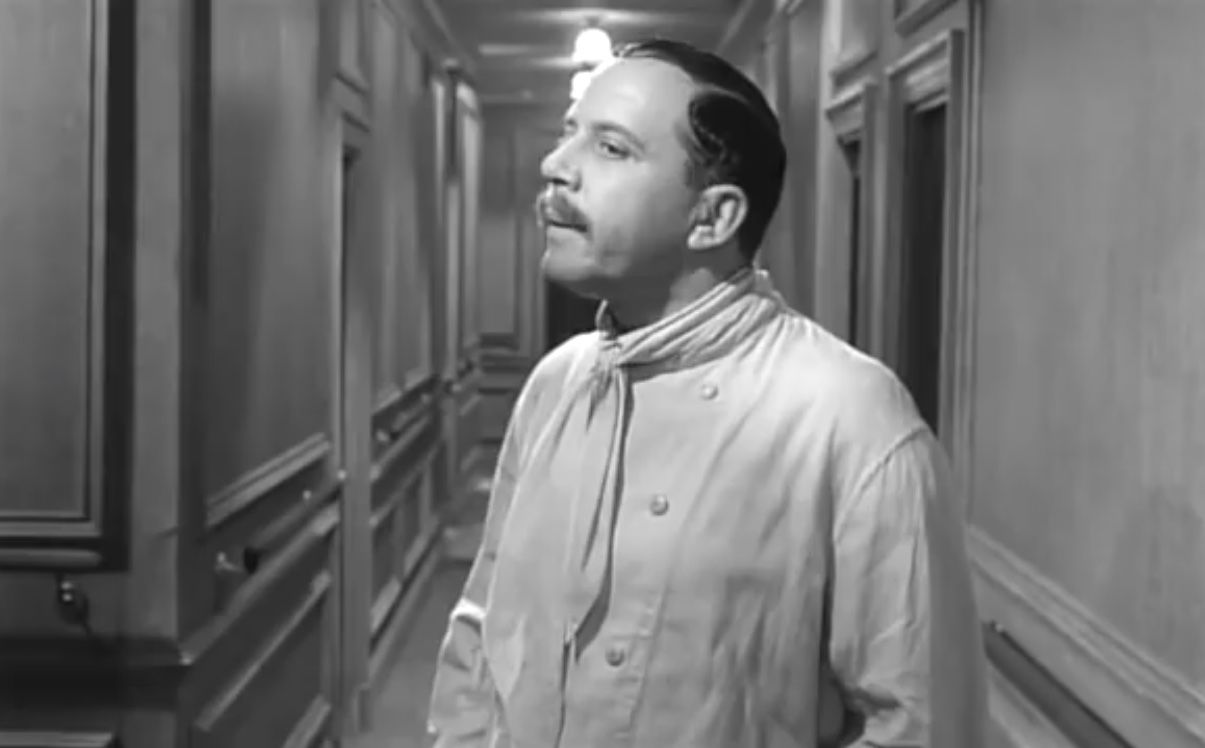
His first Tony Award nomination was for his portrayal of Louis Greff in the Broadway musical Coco in 1969. In the 1974 comedy My Fat Friend, opposite Lynn Redgrave, he won a Drama Desk Award and received another Tony nomination. In 1976, he finally won a Tony as Alfred Doolittle in the Broadway revival of My Fair Lady. In 1980, he appeared as Major General Stanley in the hit adaptation of The Pirates of Penzance, being nominated for another Tony award. He also starred in the film adaptation, released in 1983. He won his second Tony in 1986 for his appearance in Rupert Holmes' musical adaptation of The Mystery of Edwin Drood.
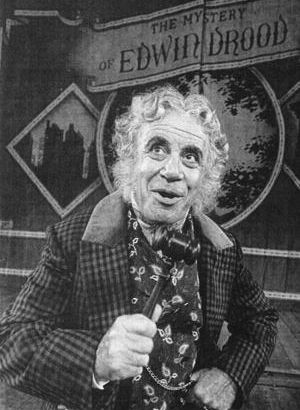
In 1984, he purchased a large three-bedroom house near Sosúa, a small village on the north coast of the Dominican Republic, where he spent much of his time between his performances. He was gay, and had no immediate family or permanent partner, but reportedly longed to have an heir. Shortly after purchasing his home in Sosúa, he took in a local 14-year-old boy, Juan, whom he supported financially and adopted in January 1986. Changing his will to leave his entire $2 million estate to his newly adopted son.
But, on 5th May 1988, whilst staying at his home in Sosúa during a two-week hiatus from the national tour of Drood, George was kidnapped, tortured for eight hours, and beaten to death by Juan, Juan's biological father, and two others. The assailants tried to make the death look like a car accident, but eventually confessed to killing George. Though all four men were charged and spent time in prison, no trial was ever held, and Juan was released after about a year.
Because Juan was never convicted for the crime, there was nothing to stop him claiming his inheritance. But the executor of George’s estate managed to fight it enough that Juan only got the house in Sosúa, valued at about $250,000. The remainder of the estate went to George’s alternative beneficiary, the small parish church in Bucknell where his parents had been married and his grandparents are buried.
Using the proceeds from the sale of the house, Juan fled to America, returning home in 1997 just before his father and the other two men were freed from prison. Eventually Juan used his inheritance to build a large apartment block to rent to tourists and to help his father set up his own car maintenance business. Meanwhile, George lies buried in an unmarked grave in a derelict cemetery near Sosúa. A simple plaque in the church in Bucknell stands as the only local reminder that he was ever here.
